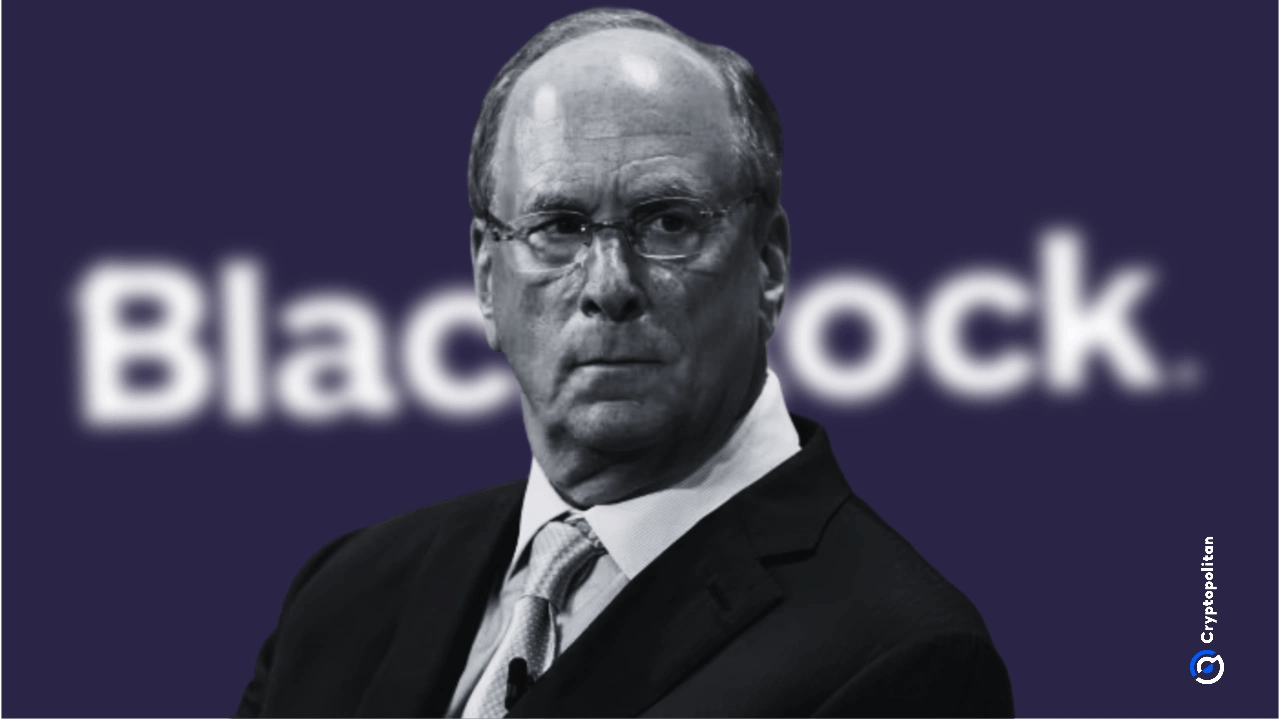U.S. trims tariffs to curb South American price pressures
On Thursday, the White House announced new framework agreements with Argentina, Guatemala, El Salvador, and Ecuador to reduce tariffs on a number of imported items that the U.S. is unable to produce domestically in large enough quantities.
U.S. officials stated that the action is intended to reduce costs on coffee, chocolate, and bananas. Notably, the officials did not provide a date or an estimate of the amount of relief consumers would get.
White House announces reciprocal trade deals
The September 2025 Consumer Price Index shows that during the previous year, coffee prices increased by 18.9%, banana prices increased by 6.9%, and beef prices increased by 14.7%.
The National Coffee Association reports that 99% of the coffee consumed in the U.S. is imported, much of it coming from Brazil. Trump imposed a high 50% tax on Brazil throughout the summer, citing the country’s criminal case against former President Jair Bolsonaro. Colombia, a major exporter of coffee, is subject to a 10% duty.
According to the US Today news outlet, Trump and his associates have attributed price increases to the Biden administration’s expenditures.
According to White House fact sheet, the agreements call for Washington to eliminate reciprocal duties on clothing and textile goods from El Salvador and Guatemala, originating under the Dominican Republic-Central America Free Trade Agreement (DR-CAFTA). The fact sheet claimed that the elimination of reciprocal duties will boost the boom of textile and clothing supply chains.
Additionally, the U.S. will benefit from the textile industry as well as the economic prosperity of El Salvador and Guatemala.
Under the joint statement on the framework for the U.S.-El Salvador agreement on reciprocal trade and investment, El Salvador has reinforced its dedication to upholding internationally acknowledged labor rights. El Salvador will forbid the importing of products made using forced or coerced labor.
According to the agreement, Argentina will no longer be subject to the reciprocal tariff rate on specific unavailable natural resources and non-patented articles for use in pharmaceutical applications.
The White House fact sheet stated that farmers, ranchers, fishers, small companies, and manufacturers in the U.S. will benefit from the agreements by increasing their exports to these trading partners and expanding their commercial options.
Notably, the senior administration official commented that the 10% reciprocal tariff rate imposed on April’s “Liberation Day” will continue to apply to Guatemala, El Salvador, and Ecuador. Ecuador’s 15% reciprocal duty did not change.
The White House press release stated that the agreements on reciprocal trade for “most of these countries” will be signed and made public during the next two weeks. U.S. Trade Representative Jamieson Greer confirmed that Guatemala and El Salvador already grant substantial duty-free treatment to the U.S.
Trump’s administration engages with Switzerland to reduce the trade surplus
The framework announced on Thursday comes after the White House announced similar framework agreements throughout Trump’s trip to Asia. Additionally, countries like Vietnam and Thailand published comprehensive agreements on reciprocal trade with Malaysia and Cambodia.
Switzerland is in trade negotiations with the Trump administration. The negotiations follow the imposition of a 39% tariff rate on Switzerland in August. U.S. Trade Representative Jamieson Greer stated that Swiss associates met with the administration at the White House on Thursday.
Greer said that Swiss authorities outlined a plan to lower and erase the trade surplus with the United States. He added that U.S. officials anticipated major reductions in both non-tariff barriers and Swiss tariffs on American goods.
According to data from the U.S. Census Bureau, Switzerland had a $38.3 billion goods trade surplus with the U.S in 2024. The surplus of goods increased to $55.7 billion in 2025 through July. The increase in surplus resulted from Switzerland’s exports to the U.S. being front-loaded in the first quarter prior to Trump’s “reciprocal” tariffs being applied in early April.
The smartest crypto minds already read our newsletter. Want in? Join them.
You May Also Like

Fanatics mulls predictions market entry in partnership with Crypto.com

BlackRock boosts AI and US equity exposure in $185 billion models

